
Culture
22:35, 10-Oct-2018
40 Elites in 40 Years: Clothing ethics
Updated
21:50, 13-Oct-2018
CGTN
04:15
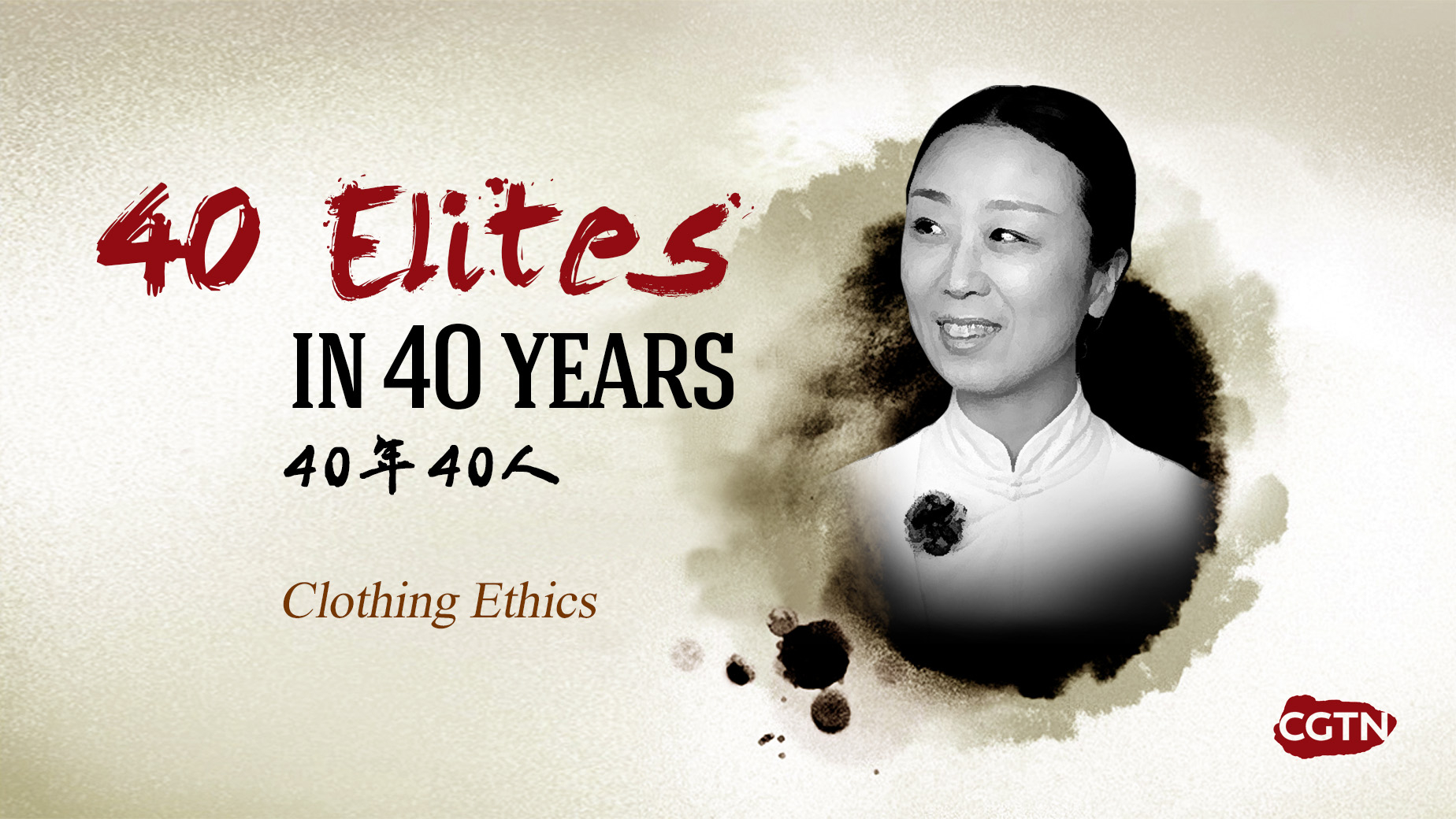
After becoming the first Chinese fashion designer invited to the Paris Haute Couture in 2008, Ma Ke has disappeared from the public for quite a while.
Since 2006, Ma, founder of WUYONG, has traveled to different parts of China, researching traditional Chinese folk craft. In her work, she's also managed to collect several endangered handicrafts.
During her investigations, the question Ma was asked the most was, "Why are you coming here just for these 'useless' things?" "Let's record these 'useless' handicrafts first and pass them down," Ma said. "Time will gradually let more people know what the most precious thing in our life is."
When naming her studio, the first word that popped into Ma's head was "Useless."
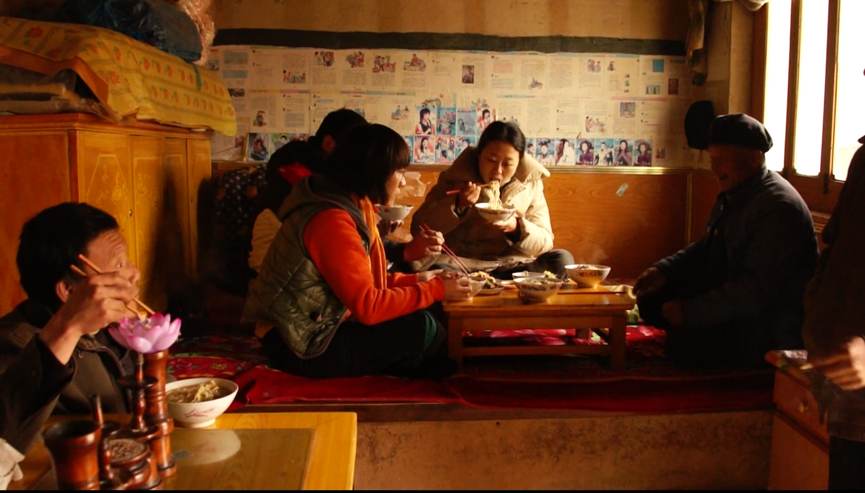
Ma Ke believes that clothes represent one's character and things that are different from their hearts; they are an extension of human thinking that allows those of "the same kind" to recognize you at a glance.
"In today's society, people spend very little time with interpersonal interactions, as such in-depth understanding is almost impossible. What kind of clothes you wear is like a label that allows your peers to identify you and gain the desire to further interact with you. I often find that people who have the same taste in clothing engaging in congenial conversations. For example, when you join a party with a few acquaintances, and you see someone wearing clothing that is the same style as yours, you would feel that you can better connect with him or her. After a brief chat, you would realize that many of your views are being echoed as well," Ma noted.
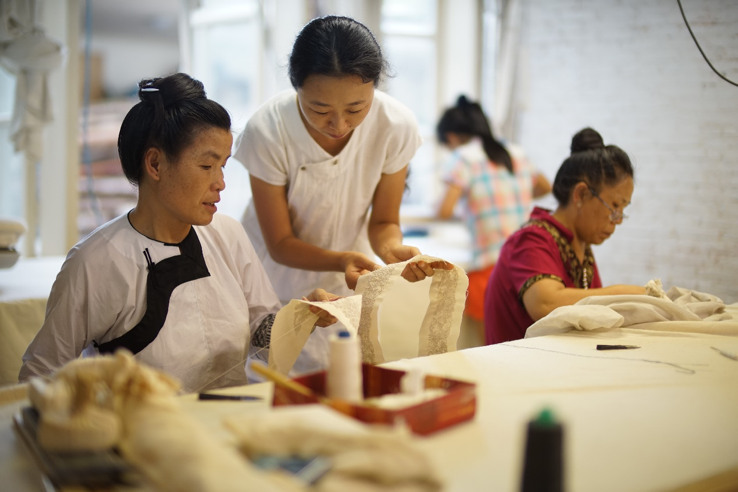
Born in the 1970s, Ma has witnessed the change in clothing during China's past 40 years of reform and opening up. In the 1970s, people only had new clothes during the Spring Festival. In the 1980s, the clothes were basically green, blue and black.
Since the late 1970s, Western goods began to come in to style, including jeans, flared trousers and so on. The 1990s were a time when Chinese people's craving for beauty suddenly exploded. Eventually, no one would roll their eyes when they see someone dressed in fancy clothes. After 2000, it was the peak of international luxury brands entering China.
"In fact, the more free and open this era is, the more I think it is the right time for Chinese people to find our own position," Ma said.
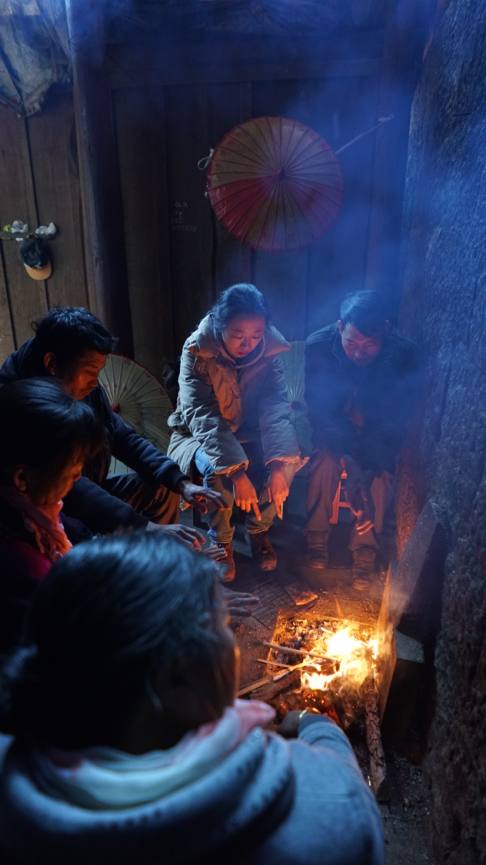
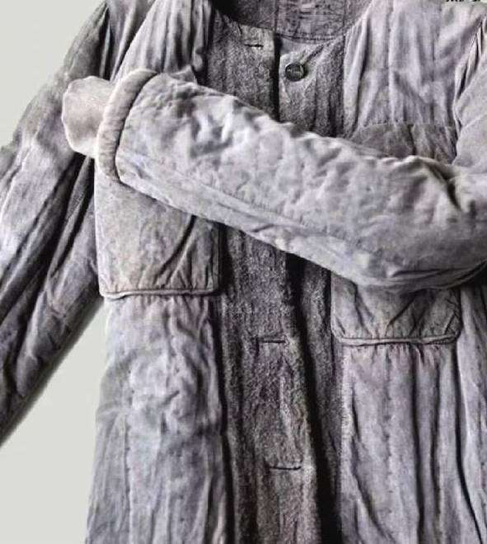
Fashion trends change constantly. "What I really hope is that we all find satisfaction and happiness through cherishing hard-won things like handicrafts, so that we consume less," Ma noted.
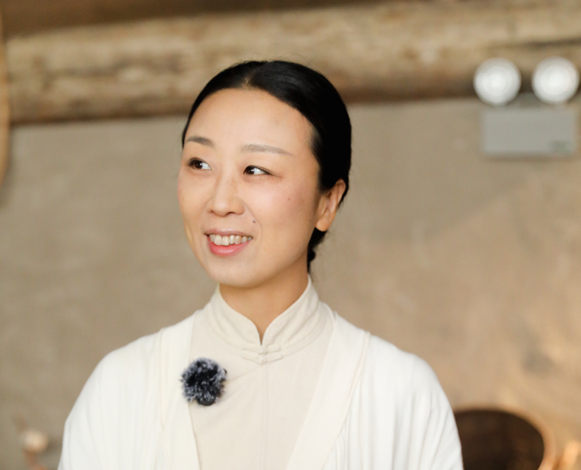
"I don't design clothes the way I design commodities because I think a fashion designer is someone who spreads love," Ma added.
Director: Yin Jun
Editor: Zhou Yiqiu, Yin Jun
Filmed by: James Zhang
Designer: Yu Peng
Article Written by: Angelina Qu
Producer: Wen Yaru
Chief Editor: Chen Ran
Supervisor: Zhang Shilei

SITEMAP
Copyright © 2018 CGTN. Beijing ICP prepared NO.16065310-3
Copyright © 2018 CGTN. Beijing ICP prepared NO.16065310-3